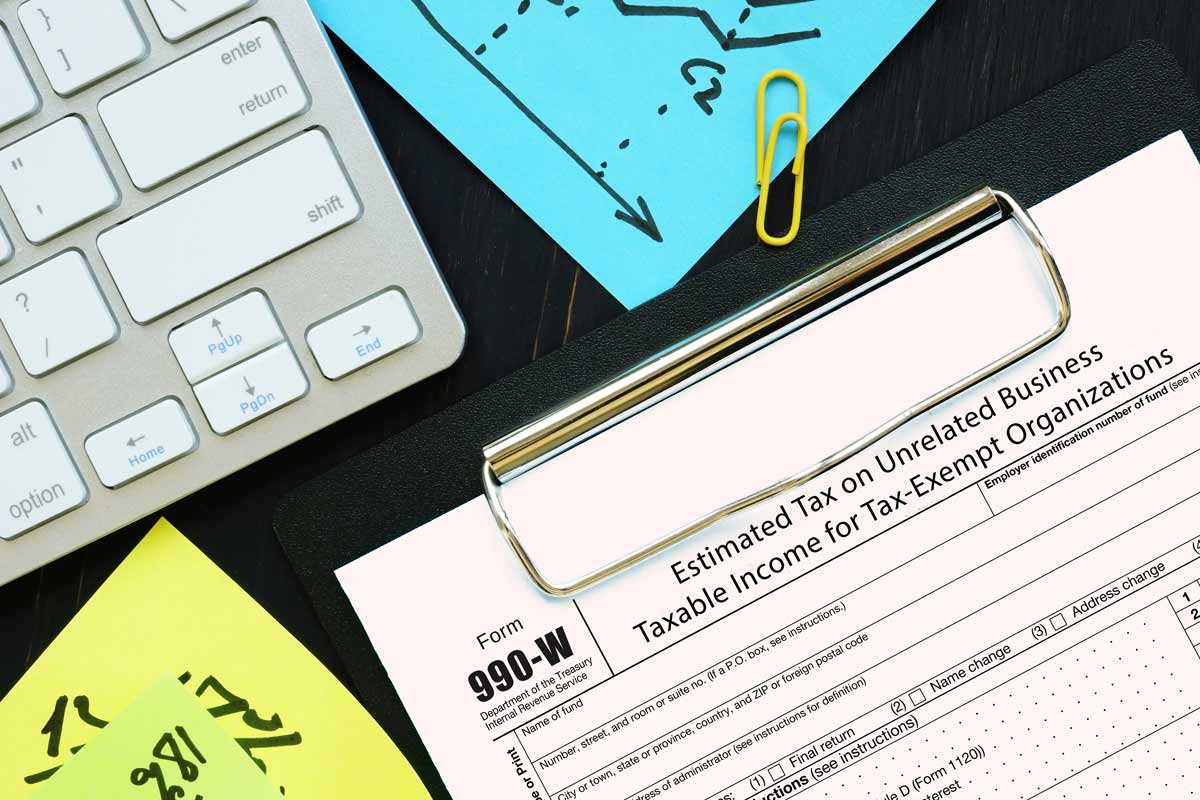Nonprofit organizations generally conduct nonprofit activities. That’s pretty obvious and self-explanatory. However, nonprofits occasionally do enter into the for-profit domain, and these endeavors often generate Unrelated Business Income Taxes (UBIT). Such activities by a nonprofit are permitted and acceptable, as long as its for-profit ventures 1) are not so excessive that they supersede the organization’s benevolent mission, and 2) are properly accounted for, including income tax filings and payments.
The IRS defines unrelated business income as “the income from a trade or business regularly conducted by an exempt organization and not substantially related to the performance by the organization of its exempt purpose or function.”
Let’s parse a few of those phrases:
- Trade or Business
- An activity must generally be conducted with intent to make a profit in order to constitute a trade or business.
- Regularly Conducted
- Business activities of an exempt organization ordinarily are considered regularly conducted if they show a frequency and continuity, and are pursued in a manner similar to comparable commercial activities of nonexempt organizations.
- Not Substantially Related
- A business activity isn’t substantially related to an organization’s exempt purpose if it doesn’t contribute importantly to accomplishing that purpose (other than through the generation of income to the nonprofit).
Here are a few common examples of nonprofit activities that are subject to UBIT:
- Commercial Advertising
- The IRS has declared that the sale of advertising in a periodical of an exempt organization – even one that contains material related to the accomplishment of the organization’s exempt purpose – is an unrelated business.
- Rental Income from Debt-Financed Property
- Any property held to produce income for which there is an acquisition indebtedness at any time during the tax year qualifies. Debt-financed property includes rental real estate, tangible personal property, and corporate stock.
- Administrative Services
- Administrative services provided to other exempt organizations are often unrelated business activities. As a general rule, management services that are generic and available from commercial sources will produce unrelated business income unless such services further an exempt purpose.
However, some types of income are generally excluded from UBIT considerations, such as the following:
- Passive Income
- Investment income generated by a nonprofit, as well as gains from dispositions of property, are not unrelated business activities. Rental income is also not subject to UBIT, unless is involves debt-financed property as noted above.
- Volunteers
- An activity is not subject to UBIT if substantially all of the work for conducting the activity is undertaken by volunteers
- Sales of Donated Goods
- This exception applies when a nonprofit generates income from sales of goods, substantially all of which the organization received as gifts or contributions.
- Convenience
- Any activity carried on by an organization primarily for the convenience of its members, students, patients, officers, or employees.
If a nonprofit does have UBIT, it needs to file form 990-T upon the year’s end.
Like income tax returns for commercial entities, nonprofits are allowed to deduct ordinary and necessary expenses related to the unrelated business activities. To qualify, the expenses must be allowable income tax deductions that are directly connected with carrying on an unrelated trade or business. And finally, the 990-T allows for a $1,000 exemption before any remaining net income is taxed.





